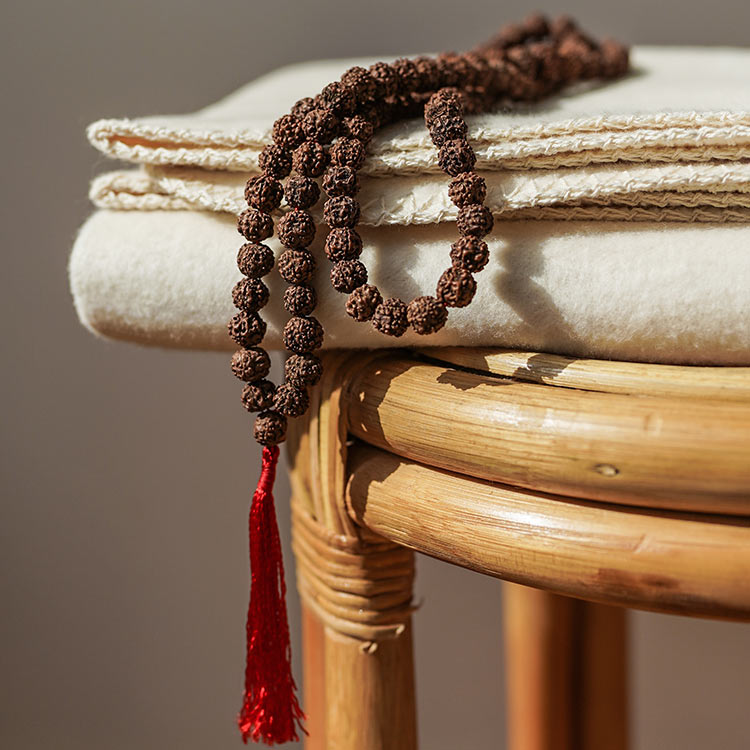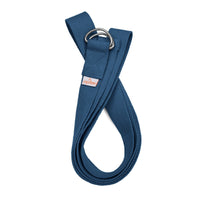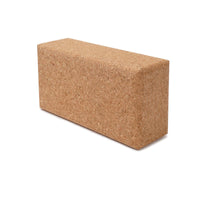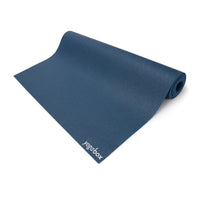
Yoga and minimalism: For more enjoyment in your life
Why do these two things belong together? Anyone who has already explored yoga knows that it's about much more than just a few exercises. The Buddhist teachings are so much more profound than you would ever imagine. Fundamentally, yoga practice is about focusing on what's essential and protecting living beings and the planet. Minimalism naturally plays a significant role in this context. This article will help you gain a good overview of what minimalism actually is and how it can potentially benefit you.
What does minimalism mean?
First of all, we'd like to explain what the term minimalism is all about. Ever since Marie Kondo's book became popular, many T-shirts have been embroiled in this scrutiny. Decluttering and focusing on minimal possessions fascinates many people. And not without reason – many people feel that minimalists are happier and that consumerism doesn't, in principle, make you happy.
Minimalism describes a lifestyle that focuses on the essentials, meaning that you only own the bare necessities. Minimalism exists in various areas:
- fine arts
- architecture
- Music

The focus is always on the essentials – just as it is if you decide to bring more minimalism into your home or your everyday life.
Furthermore, the term minimalism doesn't establish precise guidelines, meaning there are no universal rules about how many items of clothing you're allowed to own, etc. It always depends on your needs and your lifestyle. However, it's about using our resources carefully.
What does minimalism have to do with yoga?
As already mentioned, Buddhist teachings are, among other things, about engaging with one's soul, mind, and body. Conversely, this also means focusing on these aspects—excessive consumer goods tend to distract you from the feeling of being at one with yourself.
Happiness comes from within and not from consumer goods.
It's similar with yoga. There are many very simple asanas that have a profound effect on the body and mind. You don't need expensive yoga clothes or a constantly changing yoga mat .
a) Yoginis are interested in a more mindful world
Anyone interested in a more mindful and conscious world inevitably comes to the point of decluttering and educating themselves about material goods. In many cases, this leads to decluttering and keeping only those things that are valuable and needed.

b) Consumer behavior is changing: decluttering made easy
After a longer yoga experience, yogis often realize that their previous lifestyle, filled with consumer goods, isn't as appealing as it once was. The joy of material things is no longer as great as it once was. Therefore, getting rid of old consumer goods and belongings is much easier.
c) Enjoyment of new things – focus on other goods
Those who think further about this topic will also notice that a minimalist lifestyle is associated with greater joy in life, happiness, and mindfulness. This is because possessions also require a lot of thought, time, and energy. It's not uncommon for us to be distracted by our possessions. Just as you're sitting comfortably on your meditation cushion , about to begin your journey into the inner world, thoughts like "I still need to put away my clothes," "All the toys in the garden still need to be put away," "How can I fix the closet?" suddenly come to mind. These distract you from working on yourself.
Play through the situation differently: For example, if you had significantly fewer consumer goods, you wouldn't have to ask yourself these questions at all.

Yamas: The ethical rules of conduct are very important
In this context, the Yamas play an essential role:
a) Ahimsa advocates non-violence. This means that when consuming goods, you ensure that they have been produced fairly and sustainably.
b) Asteya refers to the principle of not stealing from anyone. At first, you might think that you're not stealing clothes. That's true—but Asteya also states that "stealing" also means buying clothes, for example, that people had to work for starvation wages to make.
c) Aparigraha encompasses the fact that we only own what we truly need. Therefore, before making any purchase, you must ask yourself whether it is necessary or whether you can do without it. In other words: we should not be greedy.
Minimalist life and yoga: The first steps
If you have felt that this path is good for you, then you are probably wondering how you can integrate it into your life?
- Shopping releases happy hormones, but you can get them another way. Instead, write down everything you want in your life. We don't mean you should list all your consumer goods. Rather, it's about writing down what values and behaviors are important to you, both in yourself and in others. You can also write down all your goals. Figure out what's truly important to you and live by them. This process will be better for you in the long run than making random purchases.
- The asanas help bring body, mind, and soul into greater harmony, meaning you'll automatically be happier and more mindful of yourself and your environment. This also makes it easier for you to avoid buying. If you do feel like treating yourself to something, ask yourself whether you really need it. It's recommended that you set aside time daily for a short or even longer practice. The advantage is that all you need is yourself and your mat – minimalist and simple.
- Get inspiration from the real or digital world and see how life works best for you. Every person is different.
- On the topic of minimalism: Meditation and reciting a mantra can become another significant part of your life. When you are more grounded within yourself, you will automatically notice that you need less external things. The more connected you are with yourself, the less you look to the outside world. This inevitably leads to a minimalist life.
Do you practice asanas regularly? Do you feel like you're already living a minimalist lifestyle?
Share







